Toyota’s Unyielding Hydrogen Tech Plans
Toyota has declared that they will not weigh in on potential future releases pertaining to the Mirai. Nevertheless, this does not affect their ongoing studies and progressions of hydrogen combustion forms of power. The production of hybrid fuel-cell technology for passenger cars is still very much a mission of theirs.
It came as quite the shock when Toyota announced the second generation of their Mirai Hydrogen Fuel-Cell vehicle, despite its lack of popularity. Not dissuaded, the company still poured resources into the vehicle. Nonetheless, two years later, it’s clear the Mirai has failed to meet expectations; leading Toyota to focus on developing the technology for use in commercial vehicles instead.
Toyota’s chief technology officer, Hiroki Nakajima, recently spoke at the Japan Mobility Show, remarking that it has been “difficult to realize” hydrogen fueling stations. This has had a negative impact on the sales of the Mirai, which he noted have “not been successful.” The US Department of Energy’s Alternative Fuels Data Center reports that there are only 57 hydrogen refueling locations in the US, all of which are in California.
Nakajima acknowledged to the outlet that hydrogen is more apt for cars that mostly traverse between two spots, such as those engaged in commerce. Because of their somewhat limited and particular use, it would be simpler to ensure reliable filling stations. This month, Toyota and Isuzu revealed their combined project of constructing light hydrogen fuel-cell trucks.
The first generation of the Mirai, unfortunately, did not manage to reach beyond 2,000 vehicles sold. Nevertheless, since 2021, the second-generation has far exceeded that number every year – rendering 2021 its best-selling year yet. Although sales dropped a bit in 2022 to slightly more than the original objective, they are recovering rapidly this year. According to figures from Toyota as of September 2023, there have been 2,604 Mirai sedans sold, representing an increase of over 80 percent from the previous nine months of 2022.
Not all automakers are quite ready to give up on constructing hydrogen-powered passenger vehicles. Recently, Honda introduced a CR-V-based crossover equipped with a fuel cell. This is expected to have limited deployment and sales due to the limited number of refueling stations, much like the Mirai experienced. The launch is planned for next year in both the US and Japan.
Toyota alongside many other automobile manufacturers are currently forming hydrogen burning engines. Recently, a firm presented an innovative new motor blueprint that produces 410BHP. At the Japan Mobility Show this year, Toyota unveiled a hydrogen combustion buggy in cooperation with Honda, Suzuki and Kawasaki, which may be converted for use in passenger vehicles later on.
Motor1.com made contact with Toyota to inquire regarding the later on of the Mirai sedan. We’ll post an amendment if Toyota offers a reply. Additionally, we posed the question of if this choice influences the automaker’s examination concerning hydrogen internal combustion motors.
Source: Autocar

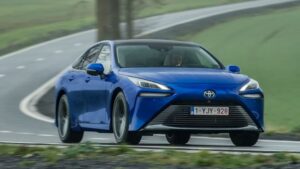
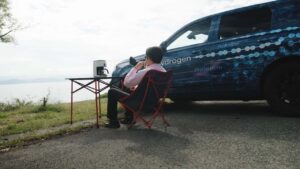
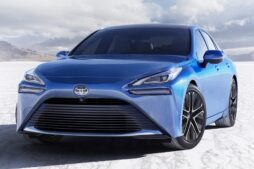
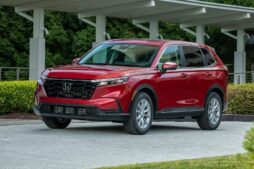
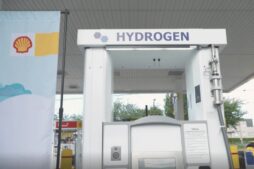
Great advice! I’ll definitely be implementing some of these tips.